Appendices
Figure 1
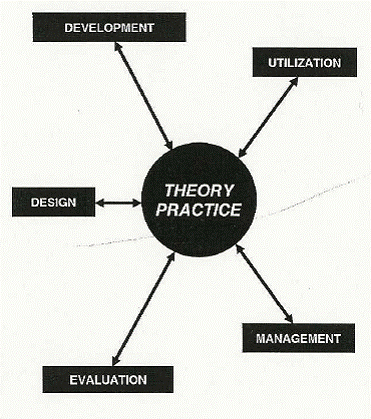
Figure 1. The Definition of Instructional Technology
Adopted from Seels & Richey, 1994, p. 10
Figure 2
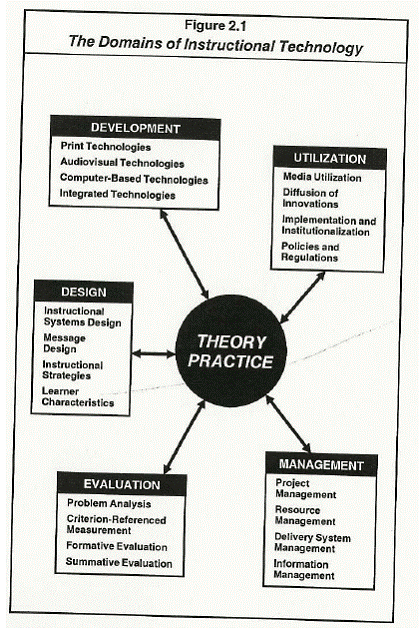
Figure 2. The Domains of Instructional Technology
Adopted from Seels & Richey, 1994, p. 26
Figure 3
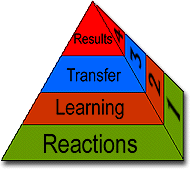
Figure 3. Kirkpatrick’s Four Levels of Evaluation (Kirkpatrick, 1994)
Adopted from http://coe.sdsu.edu/eet/Articles/k4levels/index.htm
Figure 4
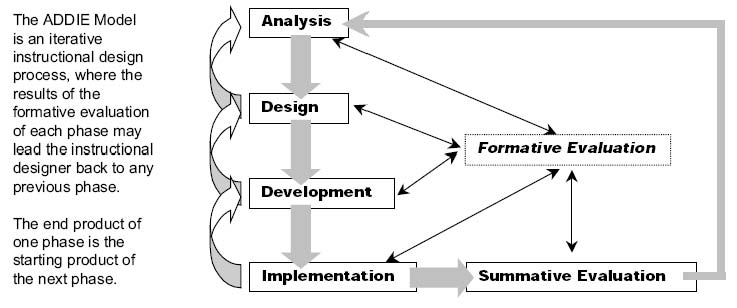
Figure 4. ADDIE Model
Adopted from http://www.personal.psu.edu/faculty/s/j/sjm256/portfolio/kbase/IDD/ADDIE.pdf
Figure 5
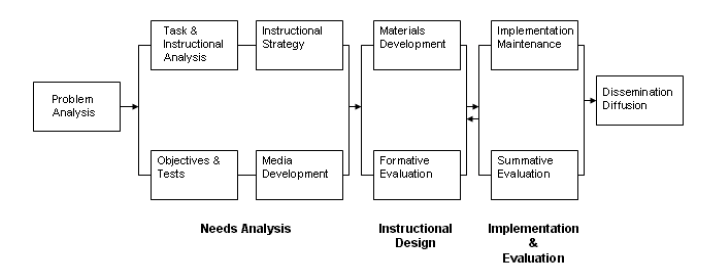
Figure 5. Seels and Glasgow
Adopted from http://www.herridgegroup.com
Figure 6
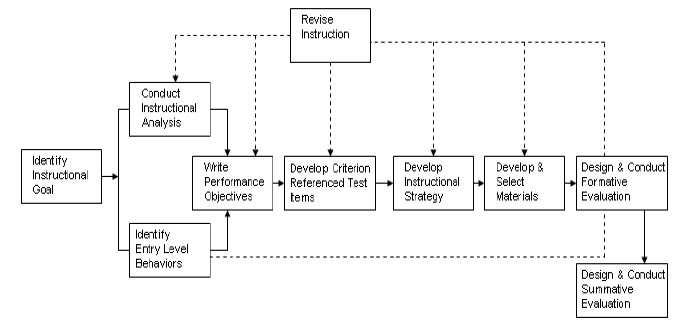
Figure 6. Dick and Carey Model
Adopted from http://www.herridgegroup.com
Figure 7
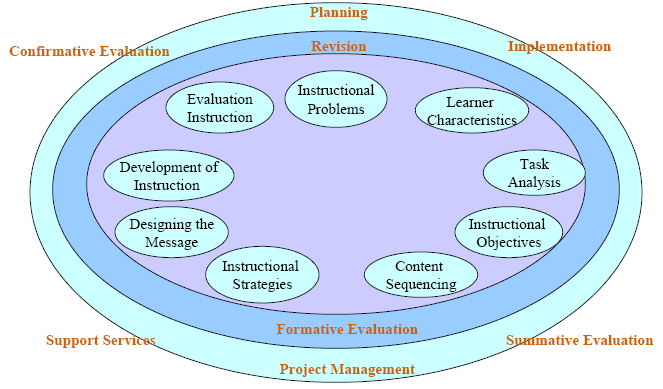
Figure 7. Morrison Ross Kemp Model
Adopted from http://web.syr.edu/~ylee30/portfolio/ide632/Classroom-oriented
Figure 8

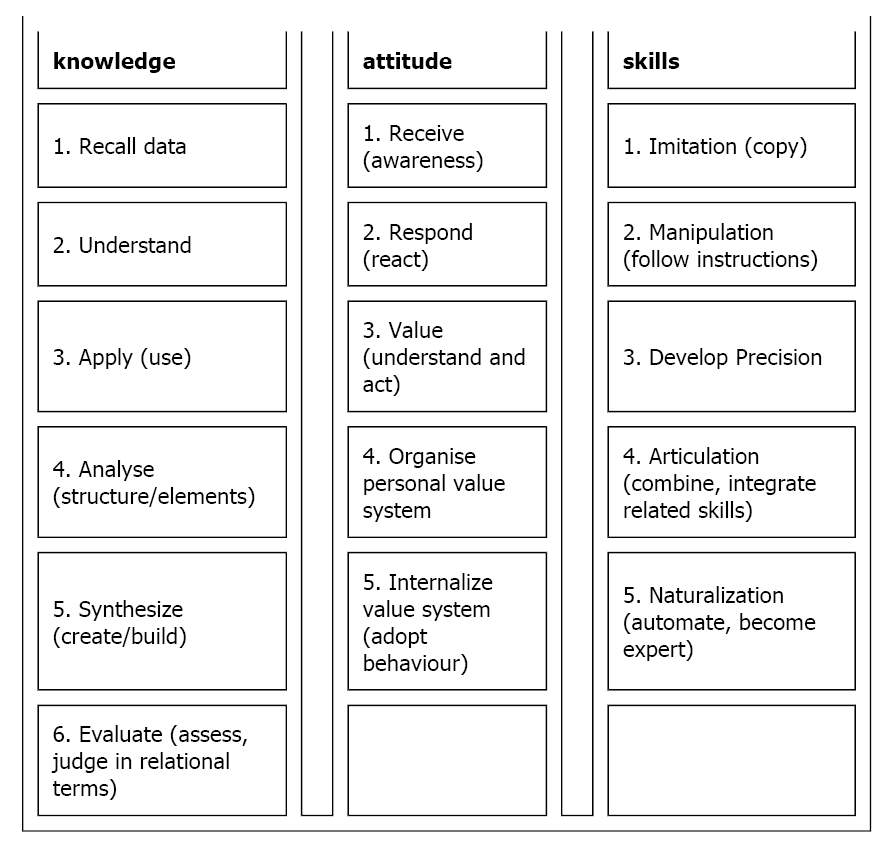
Figure 8. Bloom's Taxonomy of Learning Domains
Adopted from http://www.businessballs.com/bloomstaxonomyoflearningdomains.htm
Figure 9
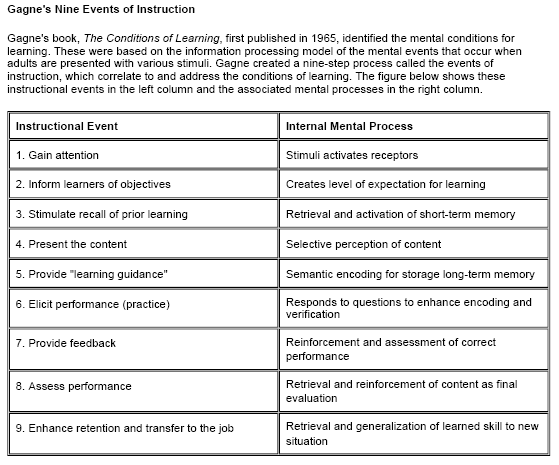
Figure 9. Gagne's Nine Events of Instruction
Adopted from http://www.e-learningguru.com/articles/art3_3.htm
Figure 10
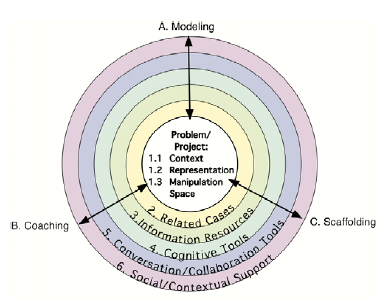
Figure 10. Jonassen Model for Constructivist Learning Environments
Adopted from http://www.personal.psu.edu/sjm256/portfolio/kbase/Theories&Models/Constructivism/constructivism.html
Figure 11
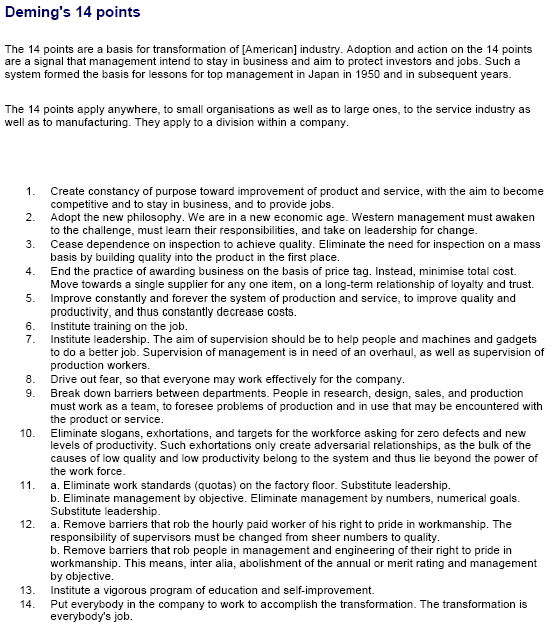
Figure 11. Deming's 14 Points
Adopted from http://www.ifm.eng.cam.ac.uk/dstools/process/Deming.html
Figure 12
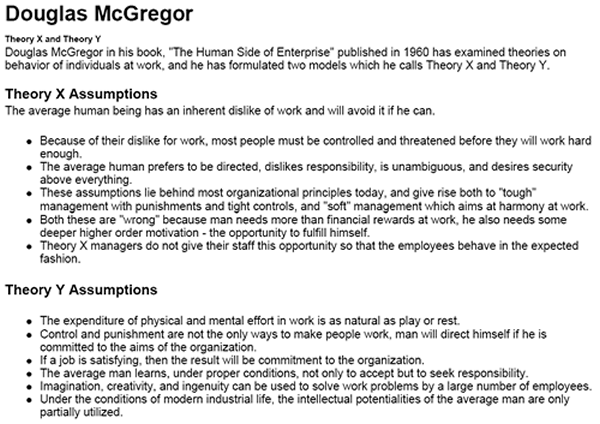
Figure 12. McGregor's Theory X and Theory Y
Adopted from http://www.accel-team.com/human_relations/hrels_03_mcgregor.html
Figure 13
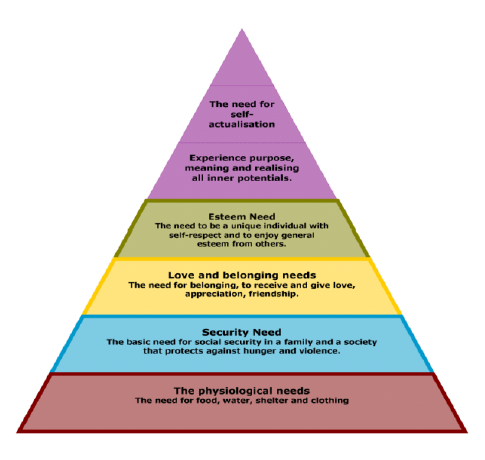
Figure 13. Maslow's Hierarchy of Needs
Adopted from http://two.not2.org/psychosynthesis/articles/maslow.gif
